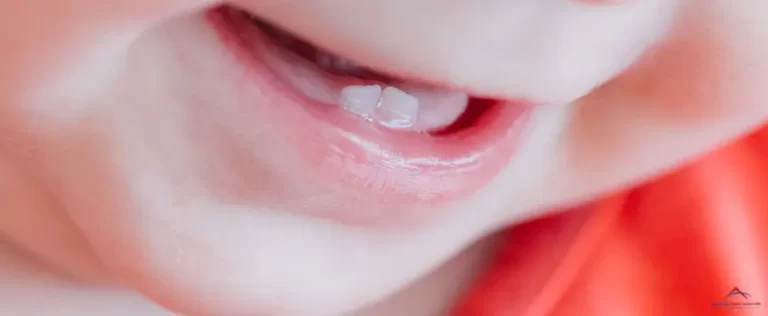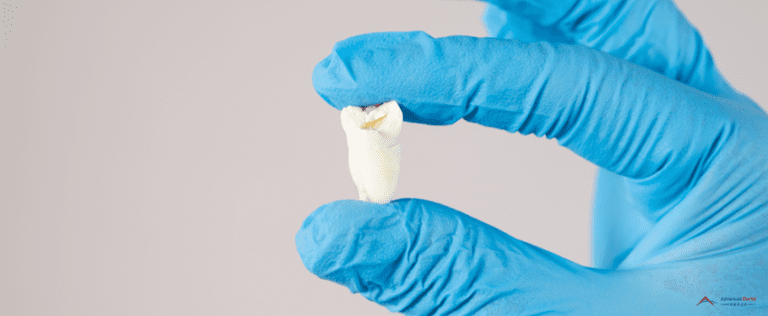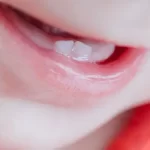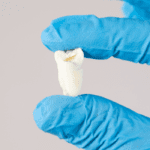Have you ever experienced any difficulty opening or closing the jaw? Ever felt like someone locked your jaw, making it painful or difficult to open or close your mouth.
You might also have felt or heard your jaw clicking when you chew, talk, yawn or open your mouth wide.
These are some signs of lockjaw or trismus. Let’s explore what it is, its causes, and what you can do about it.
What is Lockjaw?
Trismus, or lockjaw, is a commonly accepted term that refers to any difficulty opening the mouth. It can cause serious problems with speaking, eating, or even maintaining good oral hygiene.
It may also be temporary or permanent; temporary lockjaw is the more common of the two. However, severe lockjaw can alter the face’s appearance, cause severe discomfort, and make swallowing difficult. It also makes it difficult to examine or diagnose problems in the oral cavity.
Causes of Lockjaw
Various medical conditions cause muscle spasms that result in a locked jaw. Common lockjaw causes include:
Tetanus
A serious bacterial infection like tetanus can cause severe nerve damage and muscle contractions. It is caused by injuries like bites, scratches, puncture wounds, drug injections, or chronic infections. The spores from the bacteria Clostridium tetani enter the bloodstream through a cut or a wound. They produce tetanospasmin toxin that blocks nerve signals in the central nervous system, causing muscle spasms in the body, including the jaw.
Temporomandibular Joint Disorder
The temporomandibular joint found in the base of the skull connects the lower jaw and the temporal bone on the side of the skull. It allows us to move our jaw to talk and chew, making it one of the body’s most complex joints.
Temporomandibular joint disorders are one of the most common lockjaw causes. It has many possible causes, resulting in many symptoms that cause discomfort. It also means it has various treatment options.
Doctors can diagnose TMJ disorders based on a variety of symptoms such as jaw clicking, persistent jaw pain, and restricted jaw movement. Some causes of TMJ disorders include:
- Physical injury
- Arthritis
- Autoimmune disease
- Infections
- Jaw clenching or teeth grinding
- Dental surgery
TMJ disorders are more common in women than men. Although the cause is unclear, researchers believe it will be helpful to examine the relationship between the hormone estrogen and TMJ disorders.
High-stress levels are another contributing factor to TMJ disorders. Stress can lead to jaw clenching and teeth grinding even when you’re awake. It may seem harmless, but continuous clenching and grinding will lead to worn-out teeth, cracked teeth, and temporomandibular joint disorder.
Cancer
Some cancer treatments like radiation or surgery can damage the parts of the jaw that control movement. Cancer-related risk factors for lockjaw development include:
- Radiation therapy for neck or head cancer
- Operation for neck or head cancers
- Neck or head cancer
Medication
Some medications affect nerve function and result in a locked jaw. Anti-nausea drugs like Reglan and some antipsychotic medications are some of the most common medications that cause lockjaw.
Although rare, anesthetics can also cause a complication called malignant hyperthermia. It’s a severe reaction that causes high body temperatures and rapid heartbeats. It also causes muscle spasms and lockjaw.
Lockjaw Symptoms
Lockjaw affects the entire jaw and is often felt equally on both sides. It may happen suddenly and reach its peak intensity within hours.
Lockjaw is characterized by the inability to open or close the mouth fully. It is also characterized by:
- Headaches
- Earaches
- Jaw Pain
- Difficulty in swallowing
It may also be difficult for others to understand you because you can’t control your mouth.
A locked jaw can also lead to severe oral problems like dry mouth, soreness, and inflammation.
Lock Jaw Prevention and Relief
You may find relief and prevent lockjaw with:
Heat and Ice
Applying a warm compress several times a day can help loosen the jaw muscles. Cold packs help relieve some of the pain caused by lockjaw.
Jaw Exercises
Jaw exercises may feel painful at first, but they help unlock a lockjaw. Slightly opening the jaw and moving the mouth repeatedly from one side to another helps unlock the jaw.
Posture Correction
Correcting your posture is another way to prevent a locked jaw from getting worse. Sit straight and sleep on your back, not on your side.
Increase Magnesium and Calcium Intake
Almonds, Brazil nuts, and sesame seeds are good for the nervous system. They also help relax the jaw muscles because of their magnesium content. These nuts and other dairy products are rich in calcium, which helps strengthen bones and decrease the pain from lockjaw.
Drink Water
Hydration is essential for your body to function properly. It also helps keep your jaw muscles stay in shape.
How to Fix Lockjaw?
Medications and physical therapy are often involved in lockjaw treatment. Sometimes, patients may need additional treatments to address any underlying issues.
Medications
Your doctor or dentist may prescribe some antibiotics if you have an infection causing your lockjaw. They may also advise you to stop taking your medications if they are causing your locked jaw. Please consult your doctor or dentist before discontinuing any medication.
Muscle Relaxants
Muscle relaxants also help with lockjaw. Oral medications for lockjaw relief include Flexeril (cyclobenzaprine) and Skelaxin (metaxalone); however, these medications also cause drowsiness.
Targeted muscle injections like botulinum toxin or anti-inflammatory steroids help relax muscles and relieve spasms without side effects that affect the whole body.
Physical Therapy
Physical and speech therapy are also involved in lockjaw treatment. Your therapist may recommend at-home exercises to improve your jaw muscle control; remember to avoid taking your at-home exercises too far.
Surgery
Lockjaw due to severe TMJ disorders may need surgery, especially if it’s severely restricting jaw movement and causing persistent symptoms. These cases may require medical experts to replace the joint; however, this treatment is not often required.
Contact Advanced Dental Group Today
If you’re experiencing any pain because of lockjaw, don’t hesitate and visit a dentist near you. Advanced Dental Group is affiliated with the best dentists in Arvada, CO, who can help relieve your lockjaw. Give us a call, and we’ll connect you to them today.





